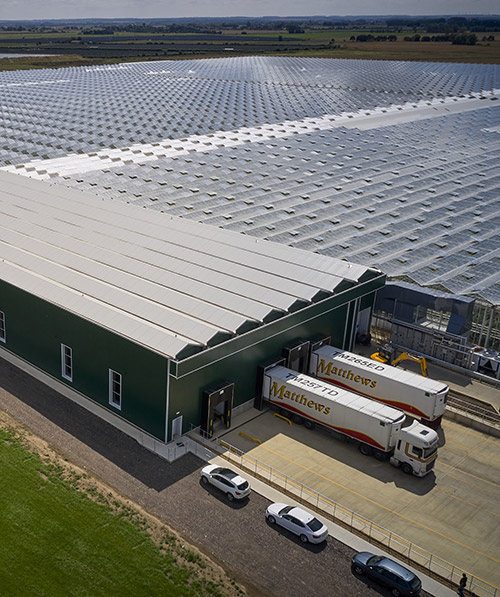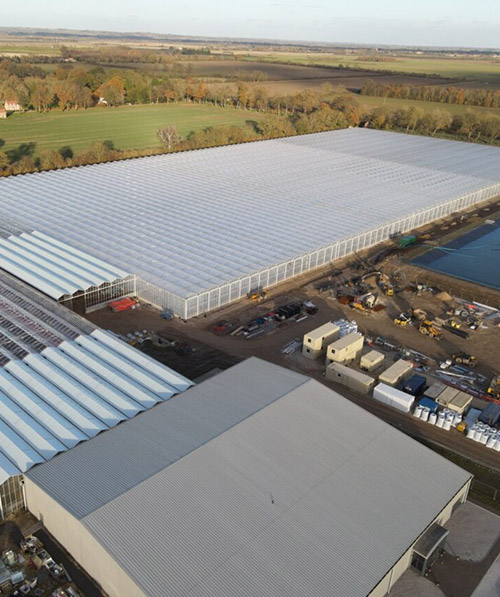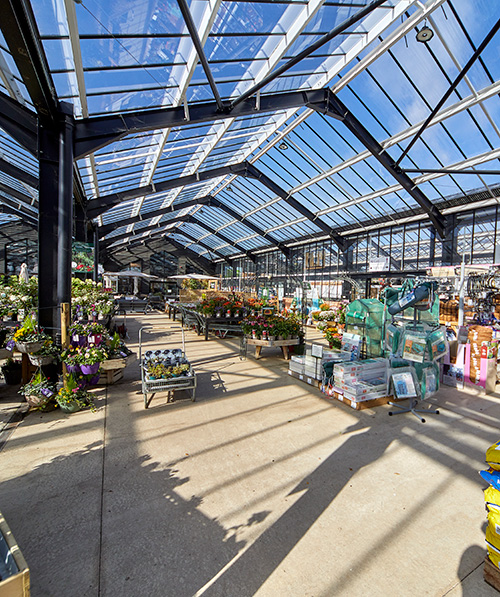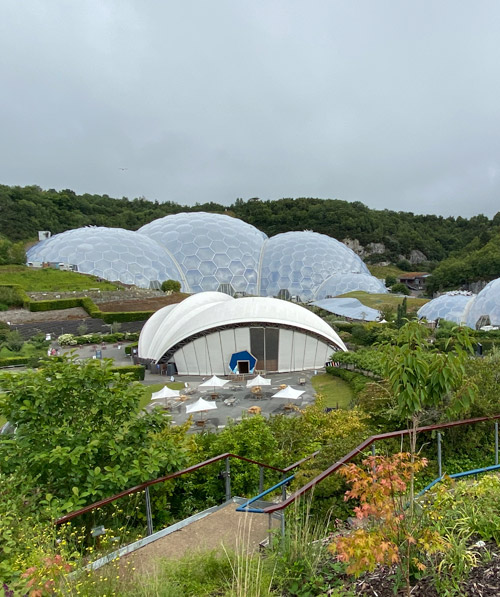Call Today 01430 449440
Why the UK horticulture industry is thriving in era of investment
By Alan Frampton - Experienced grower & Head of Sales in the South of England
Having enjoyed a varied career as both a grower and growing consultant, I believe that UK horticulture has entered a period of considerable investment.
It happens every ten to fifteen years when the conditions allow. Forty years ago, it was grants and high energy costs that drove investment. Thirty years ago, improved glasshouse design led to increased productivity and the start of automated mechanisation. Twenty years ago, companies developed large-scale production to meet multiple outlet demand.
Since establishing Donaldsons Flowers in 1987, which became the UK's leading flower-growing operation, the horticulture industry has changed dramatically. Not just in the UK.
In the past 15 years, I’ve been helping design and develop growing processes all over the world – including Morocco, Spain, Kenya, Egypt and the Canaries. Each has very different demands.
This has given me a wide understanding of how crop production and markets all over the world develop. In my experience, the main catalyst for change is the desire to achieve food/plant security, in a sustainable way at a cost that drives margin.
Interestingly, this is being partly driven by the consumer - not just growers. Consumers are far more willing to accept increased costs for goods if they come with environmental or social benefits. Take free range eggs, they are in the majority, no one wants battery eggs. Bananas are nearly all Fairtrade or Rainforest Alliance.
The looming prospect of Brexit, and the potential to place tariffs on food imports, could further accelerate this desire for change.
In my mind, there is no doubt that horticulture has entered a period of investment. Get it right and there will be benefits for growers, retailers and consumers.
What’s accelerating the change?
When I look back over the last 30 years, there are several areas which are driving the most recent industry changes.
FINANCE
Without doubt, the finance model for UK growers has changed beyond all recognition.
Banks are no longer the only primary source of funding. Non-horticultural financiers have entered the market and there are now far more ways to find capital funding.
In my opinion, this has happened because they recognise that modern installations are profitable and sustainable in the long term.
Not only will this change make the UK far less reliant on imports, but it’s also good for the environment too, less food miles.
TECHNOLOGY
In my mind, there is no doubt that high-tech equipment and advancements in robotics continue to change the face of horticulture. I can only see more robotic production systems accelerating this in the future.
If you grow on a small one or two-hectare site, you are probably not going to get a great ROI when it comes to investing in robotics. But for larger complex areas of over three hectares, it opens a whole new range of possibilities – because of better economies of scale.
In the early 80s, I was growing six crops of lettuce a year and it was a low-tech crop. Now the best growers have LED lighting, hydroponic systems, a full set of robotics and produce 18-19 crops a year. Great progress.
Robotics and automation will make food production much cheaper in the UK. It will also mean growers work smarter, reducing labour costs. As a result, I think it could bring an end to the culture of horticulture being a low-paid and unattractive area of work.
The car manufacturing industry did this decades ago. Now it is a well-paid job, where robots take care of the previously unattractive tasks, such as lifting and carrying parts or panels. From what I am seeing, I expect farming and horticulture to eventually experience a similar revolution.
We are already in this phase but with future issues surrounding eastern European labour, more robotic systems will be employed as the systems become available
Our key role in the development of horticulture
At CambridgeHOK, we are helping to lead the way in horticulture. Our engineers are embracing new technology, software, and robotics to deliver innovative solutions for growers.
Although vertical farming is still in its infancy, there is no doubt it has a bright future. The improving technology will increasingly offer a lower-cost way to grow crops close to the market or in previously inhospitable climates.
Obviously, some crops are unlikely be suited to it (avocados or bananas etc), but others will be – and it has a long-term future.
In the glasshouse market, innovation has really moved forwards and significant investment (time and money) now goes into designing the ideal glasshouse growing space for the specific crop.
Growers can enjoy improved glass quality, reduced gutter sizes, smaller glazing bars, better light transmission, and bigger yields. Unlike years ago, there is no longer a trade-off between strength and shade. Maximising inputs is not new, but the new designs are proving highly productive.
By working in partnership with CambridgeHOK, growers can benefit from all that knowledge and expertise in one place. We tailor a growing space specifically to an individual’s needs and location – so they can enjoy a better ROI. Importantly, we deliver on budget and on time.
Practical & innovative solutions in the South
In my role as head of sales for the south of England, my aim is to spread the word about the innovative growing solutions that CambridgeHOK can offer.
Sussex and Hampshire have long been known as the Silicon Valley of horticulture. Land is expensive, so it rarely changes hands, and this means that decades of growing knowledge is passed down to the next generation. No wonder a lot of the UK’s biggest high-tech growers are in the South.
Since joining CambridgeHOK, I’ve helped to establish a new partnership with West Sussex-based Fargro Ltd, a leading wholesaler, supplier and distributor of horticultural products to commercial growers.
Fargro can now tap into our expertise to provide their customers with 'best-in-breed' solutions such as climate control, energy solutions, efficient lighting and much more.
As a former grower myself, I believe the industry is very information-led, so I am keen to hear from anyone who needs to find a solution to help grow their business. By listening to what they need, we can work together to establish a strategy for growth.
Crop type, market and margin are all just as important as they ever were. But with the experience of the CambridgeHOK engineers alongside me, I am learning that having access to the right energy solution is just as vital. My role is to educate and explain all the options which are available.
Hopefully, the fact that I was a grower will resonate with other growers because I understand the challenges they face in terms of production, logistics, sales and more.
I feel a sense of privilege when I spend my days helping growers develop their business and celebrate their success as they embrace the challenges of the future.

Call us to speak to a member of our team or complete the enquiry form and we will get back to you
- 01430 449440
- [email protected]
- Wallingfen Park
236 Main Road
Newport, Brough
East Yorkshire
HU15 2RH












